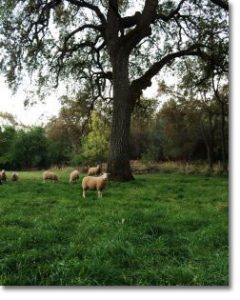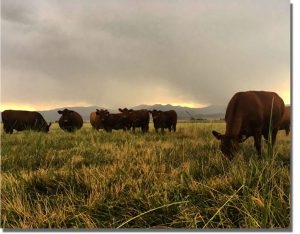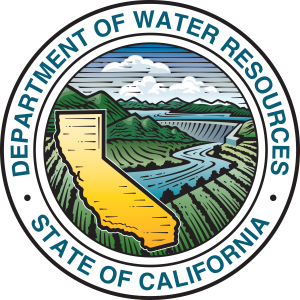 California’s irrigated pasturelands—including valley, foothill, and mountain meadow pastures— account for nearly 500,000 acres across the state, and ranks third among agricultural water users. Water scarcity issues for these integrated systems will likely increase with predicted increases in drought frequency, severity, and extent—as well as growing water demands from high value crops, urban, and environmental uses. Therefore, enhancing adoption of sustainable management strategies and efficiency of inputs on irrigated pasturelands is critical to farming and ranching economic viability, environmental quality, and supply of socially valued goods and services. This project will be the launch pad for a new program on irrigated pastureland enhancement strategies that address these important issues.
California’s irrigated pasturelands—including valley, foothill, and mountain meadow pastures— account for nearly 500,000 acres across the state, and ranks third among agricultural water users. Water scarcity issues for these integrated systems will likely increase with predicted increases in drought frequency, severity, and extent—as well as growing water demands from high value crops, urban, and environmental uses. Therefore, enhancing adoption of sustainable management strategies and efficiency of inputs on irrigated pasturelands is critical to farming and ranching economic viability, environmental quality, and supply of socially valued goods and services. This project will be the launch pad for a new program on irrigated pastureland enhancement strategies that address these important issues.
Our overall goal is to provide research and education activities producers and professionals can use to enhance irrigated pastureland management for economic and environmental outcomes. The proposed project will use a participatory research approach, which ensures relevance and credibility of project results as well as integrates technical, experiential, and social learning pathways.
 We will 1) develop demonstration pasture management studies (demonstration sites); 2) conduct a cross-sectional, observational field survey of 25 ranches to quantify agricultural and environmental benefits and tradeoffs across a gradient of intensity of integrated pasture management strategies (stocking rate, rotational grazing, and nutrient and water management); and 3) conduct field-based training workshops to highlight collaborative research findings, manager expertise and experience, and best management practices for irrigated pasturelands.
We will 1) develop demonstration pasture management studies (demonstration sites); 2) conduct a cross-sectional, observational field survey of 25 ranches to quantify agricultural and environmental benefits and tradeoffs across a gradient of intensity of integrated pasture management strategies (stocking rate, rotational grazing, and nutrient and water management); and 3) conduct field-based training workshops to highlight collaborative research findings, manager expertise and experience, and best management practices for irrigated pasturelands.
For more information, please contact Leslie Roche or Dan Macon.


